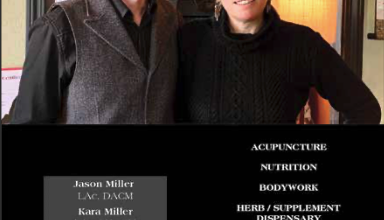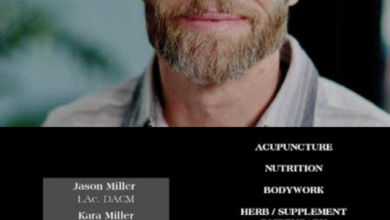Reducing Anxiety, Digestion, and Chronic Pain
Anxiety. Digestive disorders. Chronic pain.
They all share a relationship to our stress response. We are all, unconsciously, making a decision in each moment as to whether or not we are safe. This is happening deep within us and we are not in direct control of it.
When a threat is perceived, our bodies go into a mode that we’ve dubbed the “fight or flight” response, because it creates a surge in energy and strength to fight the lion or run away. Our conscious experience turns to suspicion and danger, mainly in the form of threatening thoughts.
When safety is perceived, we go into the “rest and digest” response, where muscles relax, blood pressure goes down, the digestive system turns on, and we can close our eyes to meditate or sleep. Our experience of our reality is softer, kinder, and we feel safe.
Anxiety, simply speaking, is the overestimation of this stress response to a point where our bodies weaken and our ability to manage the experience of suspicion and danger reduces. Our scary thoughts become heightened and the energy in the body feels as though it loses its anchor.
Digestive problems are often stress-induced. When the body believes it is regularly under threat, the digestive system doesn’t get enough time in “rest and digest” mode. The signaling is off. Even worse, many of the foods that we eat tend to reinforce the “fight or flight” system. These are inflammatory foods, such as sugar (or turn to sugar quickly) and those that are difficult to digest.
Chronic pain, especially when there is no identifiable structural injury, is also related to our unconscious perception of danger. If you have chronic pain, you probably experience that it gets worse with stress and at least somewhat better when you’re fully relaxed. That’s proof you can feel.
What to do?
One way to work directly with our stress response is with acupuncture. Acupuncture, from a traditional Chinese medicine perspective, helps our bodies regulate the movement of qi and blood. A modern perspective says that it affects the various pathways related to the stress response; reducing an overactive stress response.
We can bridge the language gap by recognizing that one of acupuncture’s super powers is to turn on the “rest and digest” response and gently train the body to perceive safety instead of threat – especially when there is no actual threat. If you’ve ever come out of a deep nap while you have needles in you, you know exactly what this feels like.
Other ways to work with our body-minds are through meditation, yoga, food and herbal medicine. These interventions and habit changes bring the conscious and unconscious parts of us into alignment. Anxiety reduces, digestion is nourished, and chronic pain is greatly reduced or eliminated entirely.
Jeremy Rothenberg, MS, Dipl.OM, LAc., has been a licensed acupuncturist for 14 years and specializes in the treatment of all types of pain and suffering – physical, mental, and emotional.




